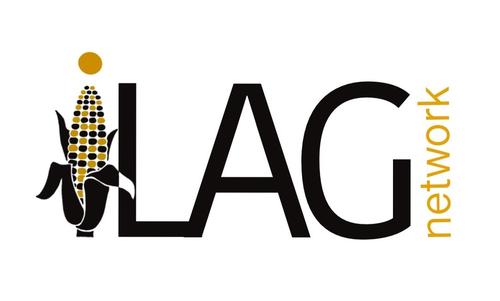International Latin American Graduate Network
Willkommen beim International Latin American Graduate (ILAG) Network
Das International Latin American Graduate Network (ILAG) Network ist ein interdisziplinäres und transnationales Netzwerk für Masterstudierende, Doktorand:innen und Nachwuchswissenschaftler:innen, die zu Lateinamerika forschen. Das Netzwerk wurde von Master- und PhD-Studierenden des Lateinamerika-Instituts der Freien Universität Berlin und des Latin American Centre der University of Oxford gegründet und bietet die Möglichkeit, Ideen und Forschungserfahrungen auszutauschen.
Ziele
Das ILAG Network wurde mit dem Ziel gegründet, einen Raum für junge Forschende zu schaffen, in dem sie sich vernetzen, Ideen austauschen und sich mit kritischen Diskussionen über Lateinamerikastudien auseinandersetzen können. Unsere Hauptziele sind:
● Förderung interdisziplinärer Forschung zu Lateinamerika
● Austausch zwischen Nachwuchswissenschaftler:innen weltweit
● Organisation akademischer Veranstaltungen wie Konferenzen und Workshops
● Unterstützung von PhD- und Masterstudierenden bei der Planung ihrer akademischen und beruflichen Laufbahn
Aktivitäten
Unsere wichtigsten Aktivitäten umfassen:
● Jährliche Konferenz und Workshops: Das ILAG Netzwerk organisiert eine jährliche Konferenz und regelmäßige Workshops, die Forscher:innen eine Plattform für die Präsentation ihrer Arbeit, für Feedback und die Vernetzung mit Kolleg:innen bieten.
● Netzwerk und Zusammenarbeit: Das ILAG Network verbindet junge Wissenschaftler:innen weltweit und fördert internationale Kooperationen sowie gemeinsame Forschungsprojekte.
Mitmachen
Wir laden Masterstudierende, Doktorand:innen und Nachwuchswissenschaftler:innen aller Disziplinen mit dem Forschungsschwerpunkt Lateinamerika herzlich ein, Teil des ILAG Networks zu werden. Kontaktieren Sie uns unter ilag-network@lai.fu-berlin.de



